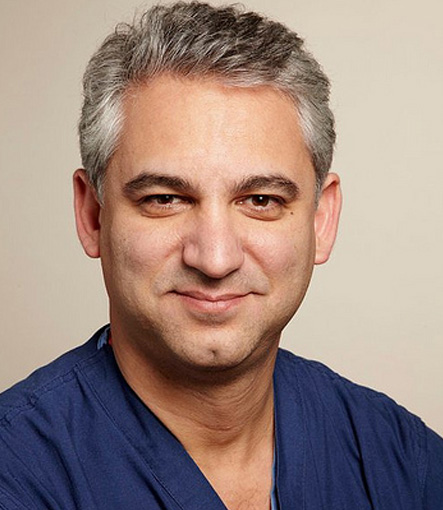Potential Risk Factors For Prostate Cancer
A risk factor is anything that increases a person’s chance of developing cancer. Although risk factors often influence the development of cancer, most do not directly cause cancer. Some people with several risk factors never develop cancer, while others with no known risk factors do. Below are potential risk factors that can increase your risk of prostate cancer.
Smoking
Most studies have been unable to find a link between smoking and the development of prostate cancer. Some research has linked smoking to a possible small increased the risk of dying from prostate cancer, but this finding needs to be confirmed by other studies.
Obesity
Studies show that overweight or obese men have a higher risk of being diagnosed with advanced prostate cancer or prostate cancer that has already spread (metastasized) to other parts of the body.
Inflammation Of The Prostate
Some studies have suggested that prostatitis may be linked to an increased risk of prostate cancer. While some studies have shown that long-term inflammation of the prostate can increase the risk of developing prostate cancer. The link between the two is not yet clear, and is currently an active area of research.
Diet
The exact role of diet in prostate cancer is not clear, but several factors have been studied. Men who consume large amounts of red meat or high-fat dairy products appear to have a slightly higher risk of developing prostate cancer. These men also tend to eat fewer fruits and vegetables. Researchers aren’t sure which of these factors is responsible for raising the risk.
Sexually Transmitted Infections
Researchers have looked to see if sexually transmitted infections (like gonorrhea or chlamydia) might increase the risk of prostate cancer, because they can lead to inflammation of the prostate. So far, studies have not agreed, and no firm conclusions have been reached.
Environmental Exposures
Some studies have shown an increased chance for prostate cancer in men who are farmers, or those exposed to the metal cadmium while making batteries, welding, or electroplating. Additional research is needed in this area to confirm whether this is a true association.
Genetic Factors
Mutations in a portion of the DNA called the BRCA2 gene can increase a man’s risk of developing prostate cancer. This same mutation in female family members may increase their risk of developing breast or ovarian cancer. However, very few cases of prostate cancer can be directly attributed to presently identifiable genetic changes.






